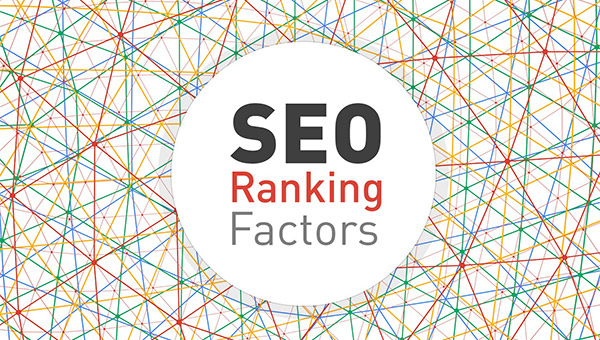Before we are going to discuss the types of search engine ranking factors, at least we know about what is SEO and how it Works?
What is SEO and How it Works?
SEO stands for ‘Search Engine Optimization’. It is a process of getting the online visibility of a website or a web page in a web search engine’s free results- as well referred to as ‘natural’, ‘organic’ or ‘earned’ results.
As an Internet marketing strategy, SEO considers how search engines work, the computer programmed algorithms which dictate search engine behavior, what people search for, the actual search terms or keywords typed into search engines, and which search engines are preferred by their targeted audience.
Types of Search Engine Ranking Factors
There are three main factors covered in types of SEO ranking factors:
- On-the-Page SEO
- Off-the-Page SEO
- Violations
SEO ranking factors work in combination
So No single SEO factor will guarantee search engine rankings. Only great HTML title won’t help if a page has low-quality content. Having lots of links won’t help if they are all low in quality. Some of the positive factors of SEO can increase the odds success, even as the presence of negative factors can get worse those odds.
On Page SEO Factors
On the page SEO ranking factors are those that are about exclusively within the publisher’s own control. On-page SEO is the optimizing individual web pages in order to rank higher and earn more related traffic in search engines.
On-page SEO factor refers to both the content and HTML source code of a page that can be optimized.
On-Page Ranking Factors
- Content of Page
- Title Tag
- URL
Which are things you need to take care of On-Page SEO factors?
What type of content do you publish? Are you providing important HTML hints that help search engines and users verify relevancy? How does your site architecture help or hinder search engines?
Off the page SEO Factors
Off the page SEO ranking factors are those that publishers don’t directly control. It refers to techniques that can be used to improve the position of a website in the search result pages (SERPs).
Optimizing for off-site ranking factors involves improving search engine and user’s view of a site’s popularity, importance, reliability, and authority. This is able to by other high domain authority (DA) sites on the Internet linking to or promoting your website, and successfully give assurance for the quality of your content.
Links and off-site SEO
There are three main types of links, defined by how they were earned: natural links, manually built links, or self-created links.
Non-link-related off-site SEO
These include things like:
- Social media marketing
- Guest blogging
- Influencer marketing
SEO violations & ranking penalties
Don’t do any mistake, search engines allow people to perform SEO because it can help improve their search results. Search engines provide help in the form of strategy, blog posts, and videos to support specific SEO techniques.
Still, there are some techniques that search engines consider “spam” or “black hat”, which could result in your pages receiving a ranking penalty or being banned from the search engines completely.
Want more specifics about success factors?
If some People may want to more specifics about success factors, then the Moz Search Engine ranking factors survey is worth a look.
As well, many of the success factors aren’t true algorithmic factors at all. Content Research is mainly important for “on-the-page” factor that describes the process of finding the words people use to find your content. So first you need to understand your user is important to your SEO success, even if it’s not a “ranking” factor.
You can also check out our SEO Trends: Ranking Factors in SEO that will make a difference in Ranking 2019 page, which lists some useful guides to the fundamentals along with many more SEO resources.


Recent Comments